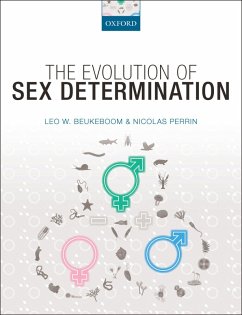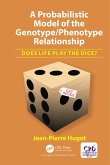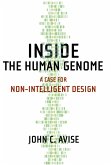Sexual reproduction is a fundamental aspect of life. It is defined by the occurrence of meiosis and the fusion of two gametes of different sexes or mating types. Sex-determination mechanisms are responsible for the sexual fate and development of sexual characteristics in an organism, be it a unicellular alga, a plant, or an animal. In many cases, sex determination is genetic: males and females have different alleles or different genes that specify their sexual morphology. In animals, this is often accompanied by chromosomal differences. In other cases, sex may be determined by environmental (e.g. temperature) or social variables (e.g. the size of an organism relative to other members of its population). Surprisingly, sex-determination mechanisms are not evolutionarily conserved but are bewilderingly diverse and appear to have had rapid turnover rates during evolution. Evolutionary biologists continue to seek a solution to this conundrum. What drives the surprising dynamics of such a fundamental process that always leads to the same outcome: two sex types, male and female? The answer is complex but the ongoing genomic revolution has already greatly increased our knowledge of sex-determination systems and sex chromosomes in recent years. This novel book presents and synthesizes our current understanding, and clearly shows that sex-determination evolution will remain a dynamic field of future research. The Evolution of Sex Determination is an advanced, research level text suitable for graduate students and researchers in genetics, developmental biology, and evolution.
Dieser Download kann aus rechtlichen Gründen nur mit Rechnungsadresse in A, B, BG, CY, CZ, D, DK, EW, E, FIN, F, GR, HR, H, IRL, I, LT, L, LR, M, NL, PL, P, R, S, SLO, SK ausgeliefert werden.









